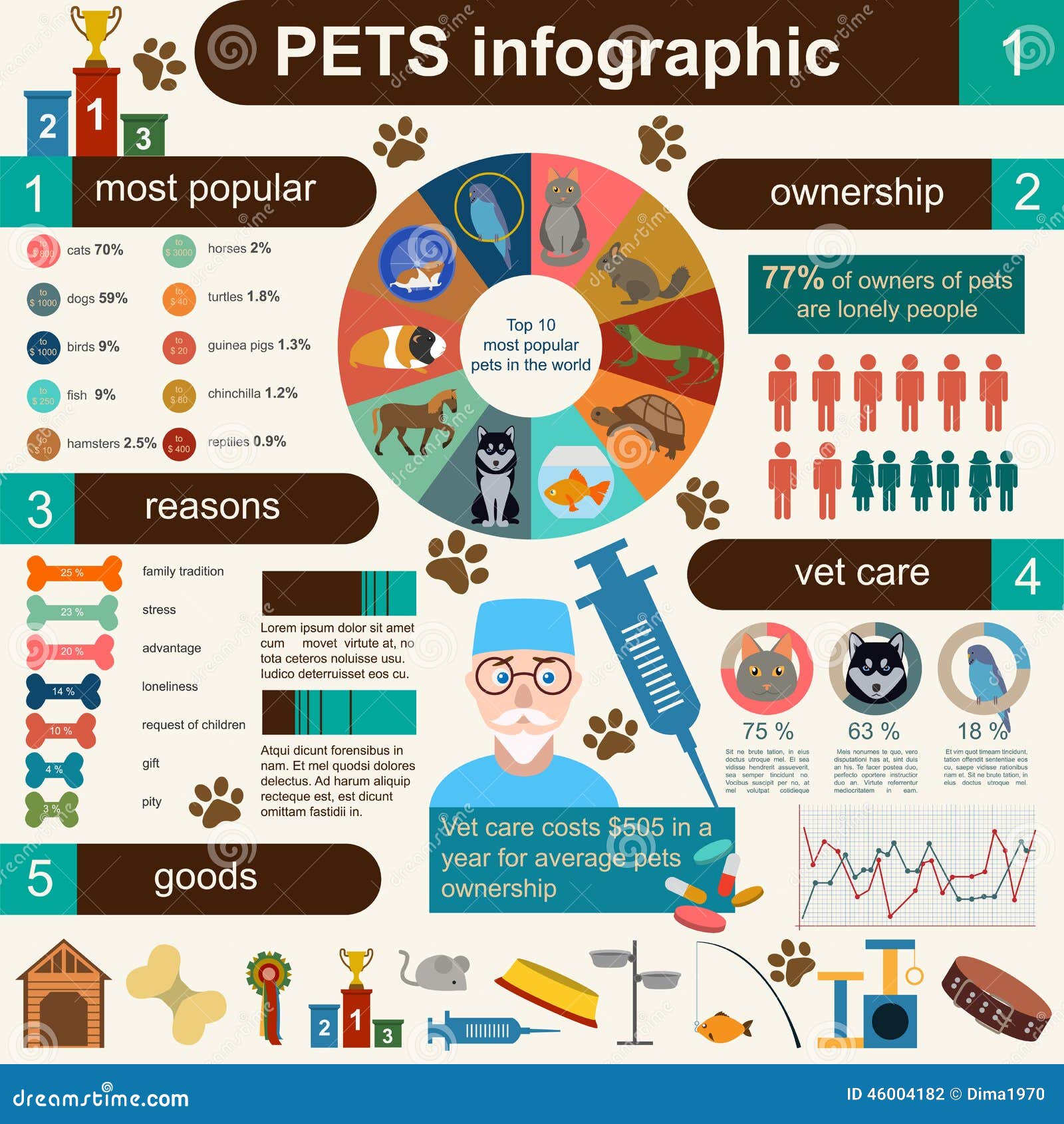Dog Daycare For Short Term Use
Dog Daycare For Short Term Use
Blog Article
What Takes place During a Dog Daycare Analysis?
A pet day care examination is an essential process for both dogs and family pet parents. It provides a means for day care staff to understand a pet's character and social skills. It additionally assists prevent hostile habits from occurring in between canines or between pet dogs and human beings.
Correctly carrying out a childcare analysis can aid protect against behavioral issues such as barking, jumping up, and canine fights. Prevent making use of rough training methods such as spray bottles and electronic collars.
1. Intake Paperwork
Depending on your type of company (training, day care, grooming etc) an animal intake type will gather essential info from animal moms and dads before they leave their canine. This can include medical history, habits and dietary needs.
It's also a great idea to have employee devoted to doing character tests so that consistency is maintained and everyone is on the same page about evaluation criteria and outcomes. Gingr's pet company software application can assist make this process much more effective by allowing staff to quickly see character test notes and results when viewing pet profiles, report cards or appointment demands.
Develop an official approval policy that clearly describes your assessment process, the behavioral and temperament attributes needed for day care and attributes that invalidate animals from your facility. This can help ensure that all pets have a favorable experience at your childcare and are not subjected to unnecessary risks.
2. Leash Stroll
A pet day care assessment can be a little daunting for both pet dogs and pet dog parents. This is a new environment that can be loaded with unknown sights, sounds, and various other canines.
To relieve their nerves, it is an excellent concept to take the pet dog for a walk around before beginning the personality test. This can offer the pup a chance to come to be acquainted with their surroundings prior to they are divided from their proprietors.
This will certainly also permit the day care staff to evaluate the pet's strolling capabilities. If they are pulling or including stress, reinforce them for strolling without doing these actions. Take into consideration utilizing a head collar to avoid pulling, smelling, and scavenging during walks. If the pet can not manage themselves on a leash, it is unlikely that they will certainly have the ability to work in high distraction settings in your day care.
3. Social Interaction
Dogs require routine social interaction with various other pet dogs to decrease boredom-induced behaviors such as aggressiveness, leash drawing, and stress and anxiety. Doggy childcare uses this socialization and more in a setting that is risk-free, structured, and supervised.
A personality test helps personnel identify a dog's individuality, energy degree, and social abilities in order to place them in one of the most suitable group. For instance, a shy pet will refrain well playing with brawler, boisterous pets. Grouping pets of similar individualities can reduce the risk of misconceptions and conflicts.
Checking should be performed in a calm, regulated way making use of positive support and no force or anxiety. Spray containers, electronic collars, and scruff trembling are all approaches that produce stress and anxiety for both the pets being evaluated and their trainers.
4. Object Play
Lots of pet moms and dads are hesitant to hand over their dogs for childcare, especially with worries about behavior issues. This is why some pet daycares provide a 15 min evaluation with the proprietor present to evaluate their dog's behavior.
This analysis includes a brief leash go through the daycare center and monitoring of boarding kennels dogs the canine's response to both seen and unseen stimulations. It is very important that the dog is not excessively distressed or fearful as these are indications of an inappropriate character for a team setting.
Observe exactly how the pet engages with toys and various other things, and their play style. Preferably, daycare groups pets by character to make sure that energetic, lively pet dogs are with other energised pets while shyer, more scheduled dogs are with other similar pets.
5. Behavioral Test
Pet dogs that play rough are not always suited team daycare. If they don't have the power to keep up with other pet dogs, they can promptly become overstimulated and hostile - potentially harming the various other dogs in your care. By evaluating a pet dog's personality and socialization during an examination, you can identify these dogs and prevent hazardous scenarios for all entailed.
When conducting an assessment, keep in mind to be regular and reasonable with your acceptance policies. Refrain from utilizing punishment-based techniques throughout the test (like spray bottles, electronic collars, or scruff trembling) which might create stress in the canine and minimize finding out ability. By following these finest methods, you can make sure that each pet dog passes their temperament test and is a good fit for your day care atmosphere.